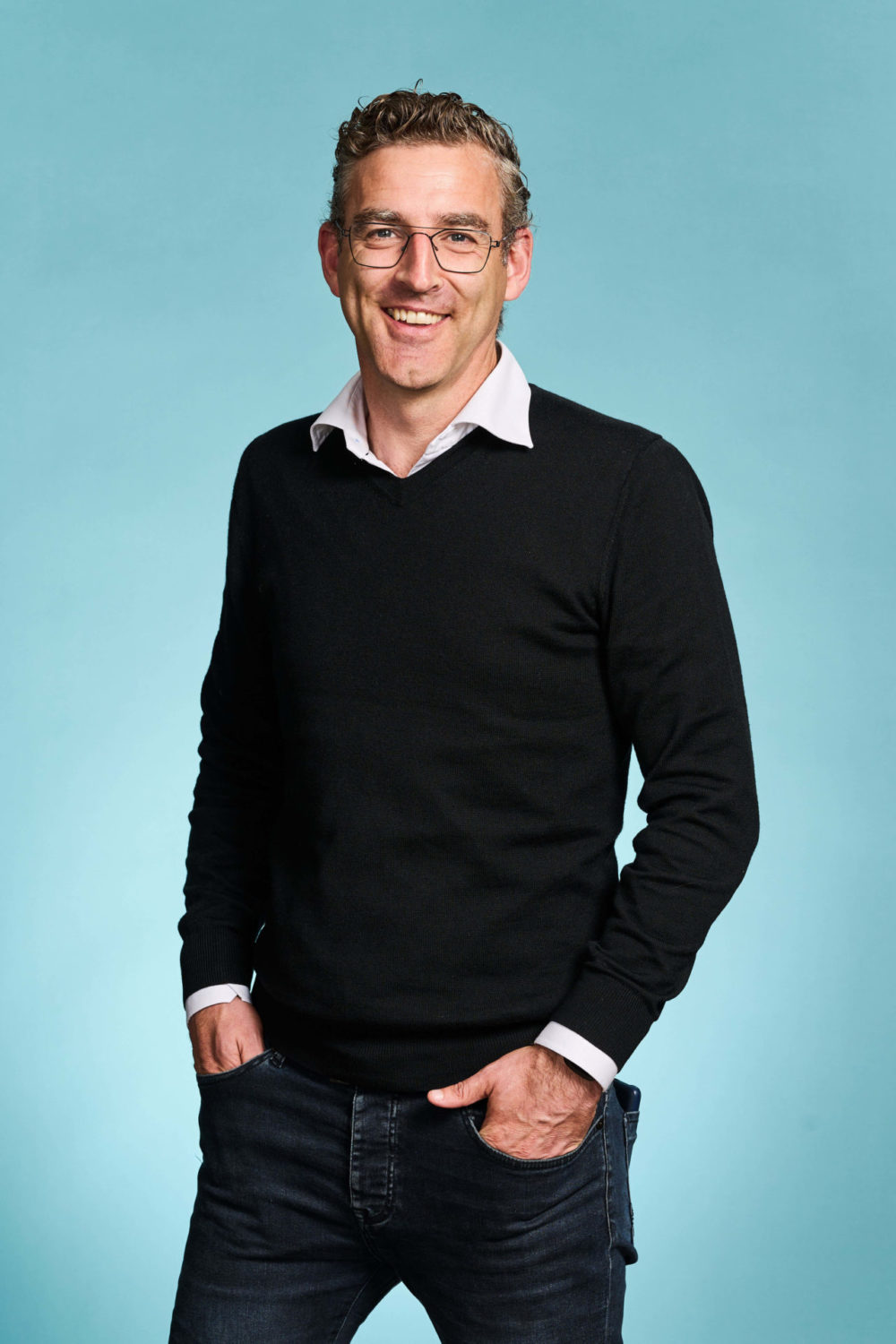
'We are TopDutch'. We all know it. And yet a lot of talent is moving away from the Northern Netherlands. In episode seven of NOM Talks, our hosts and guests discuss how we can keep and get talent in the North. It's time again for a new episode of the podcast on topics facing entrepreneurs. From agility to innovation, from funding to employees. Topics covering all phases of entrepreneurship.
An active interaction
The dreaded brain drain has been a topic of discussion in the Northern Netherlands for years. How do we ensure that students do not leave for the Randstad after graduation? And above all, what role does business have in this? Harrie Buurlage, Vice President of Global Sales and Europe SHINE Medical Technologies, and Leofwin Visman, Managing Director IBM Innovation Center Europe, chose very consciously to play an active role in attracting talent from the business world and shine their light on this issue.
And what about the other side, NOM Talks moderator Wim A,B. rightly asks the question. What do companies need from training and educational institutions to establish themselves in this region? Of course, it remains a trade-off between the two if a real connection is to be found. From the perspective of educational institutions, Arjen Edzes, Lecturer Regional Labor Market | School of Law | Hanze University of Applied Sciences also joins us.
Invest, invest, invest
If you don't put much effort into it yourself as a company and talent recruitment is not on your priority list, then you really shouldn't squeal that those sought-after recent graduates don't know how to find your company. That, in a nutshell, is the motto of the guests at the table. It takes investment. Leofwin Visman (IBM): ,,That we are highly visible and that people know how to start their career with us is incredibly important. So we put a lot of energy into being visible.'' For example, SHINE is in constant dialogue with trainers in order to stay connected, says Harrie Buurlage.
Training institutions and entrepreneurs are not solely responsible for ensuring that talent is retained for the region, according to the guests in this podcast. ''There are a lot of people in my organization who have lines of communication, but that could maybe be more structured,'' Visman said.
As the time of this episode passes, more and more suggestions about what should be done in the North and what other stakeholders are responsible. About educating students more broadly, focusing on broad themes appropriate to the region and better marketing the preconditions that make the North such a fine place to live and work, for example. Despite the fact that this has been happening in various ways for years, this episode also shows that many students, employers and educators are still unaware of it.
Youth has the future
Fortunately, sidekick Rob Drees does not forget about perhaps the most important stakeholder in this discussion: the student himself. After a tour of the fields, remarkably enough, it is mostly not about being an employer and the type of company where talent wants to work, while that is precisely what is becoming increasingly important for the generations about to enter the job market. What do you stand for, as a company? And does that align with the generations that are not only your future employees, but also your potential customers?
Harrie Buurlage touches indirectly and briefly on what those generations of the future are working on: making the world a better place, rather than further destruction. ,,Our technology also lends itself to solving the waste problem worldwide. And also to eventually use nuclear fusion to solve the energy problem worldwide. This is the beginning of something much bigger in the end.'' Purpose is key in the job market of the future.
One of the speakers at Trendship 2018 mapped it out at the time: Generations Z and Alpha want to make a difference and bring meaning. Claire Madden is founder and director of HelloClarity, which does social researching. She is one of the leading researchers of generation engagement. It is in engaging those generations that the key to success lies. In a widely viewed TedTalk, Madden explains what the future of work looks like when the next generations enter the workplace.
Greater career opportunities in the North
And those who, after all this, still have to struggle to convince students of chances of success in the North would do well, according to Lecturer Arjen Edzes, to hold up the mirror to them about career prospects. ''People go to places in the Randstad where they think the chances of success are greater than here. I doubt that. For top jobs it will be so, but there is no direct evidence that you suddenly do better there. Besides, the competition there is much greater.'' We just had to get rid of that Calimero syndrome.
Want more practical tips and opportunities to bind talent more strongly to your company? Then listen to the seventh episode of NOM Talks.

